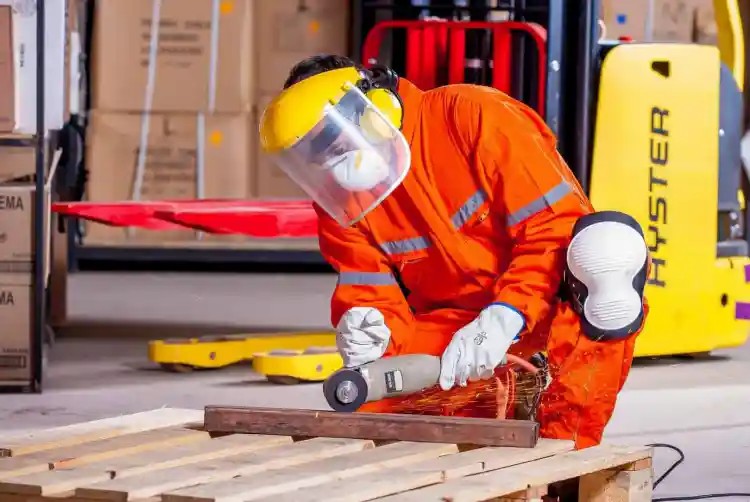


 349,500 Offered Certificates
349,500 Offered Certificates
 24/7 Online Training
24/7 Online Training
 Money Back Guarantee
Money Back Guarantee
 Fully Accredited Courses
Fully Accredited Courses

Created at: 22-02-2025 22:11
Abrasive wheels are a crucial component in many industrial applications. Primarily used in cutting, grinding, and polishing materials, these wheels play a vital role across various sectors, including construction, manufacturing, and metalworking. However, their efficiency comes with significant safety responsibilities. This article elaborates on what abrasive wheels are, the associated safety risks, and the importance of proper training—in particular, in locations like Dublin, Cork, Galway, Limerick, and Waterford.
Essentially, abrasive wheels consist of a hard material that, when rotated at high speeds, allows for the cutting and shaping of different surfaces. They are commonly made from materials such as aluminum oxide, silicon carbide, and diamond, and are utilized in various machines including bench grinders, angle grinders, and cutting machines.
While abrasive wheels are efficient tools, they also pose several safety risks if not handled correctly:
Proper training in operating abrasive wheels is not just a recommendation but a compliance requirement. In Ireland, workplace legislation mandates that employees must receive adequate safety training. This ensures not only compliance with local regulations but greatly reduces the risk of accidents and injuries.
For those in Dublin, Cork, Galway, Limerick, and Waterford looking to enhance their safety knowledge, several methods exist:
In Ireland, regulations regarding abrasive wheel safety stem from the Safety, Health and Welfare at Work Act, which requires proper training to minimize risks. Employers must ensure:
Implementing best practices can significantly reduce risks when using abrasive wheels:
Understanding what abrasive wheels are, the risks involved, and the significance of proper training can drastically improve safety in the workplace. Investing in certified abrasive wheels training is crucial for businesses and workers in Dublin, Cork, Galway, Limerick, Waterford, and beyond to foster a safer working environment. For inquiries about certification and upcoming courses, feel free to contact us at [email protected].